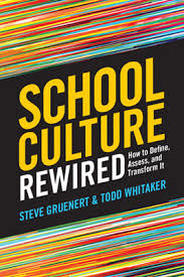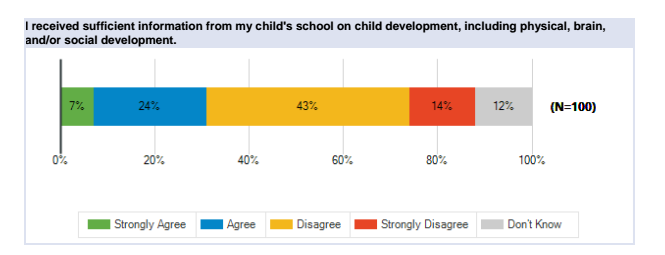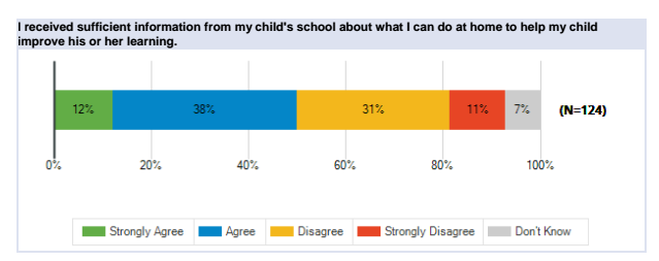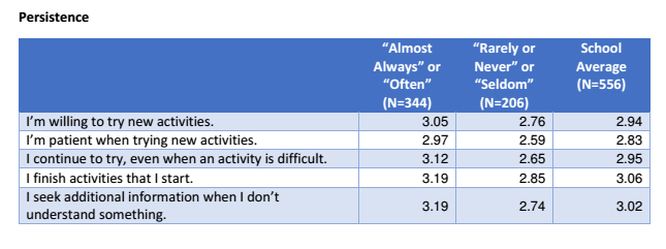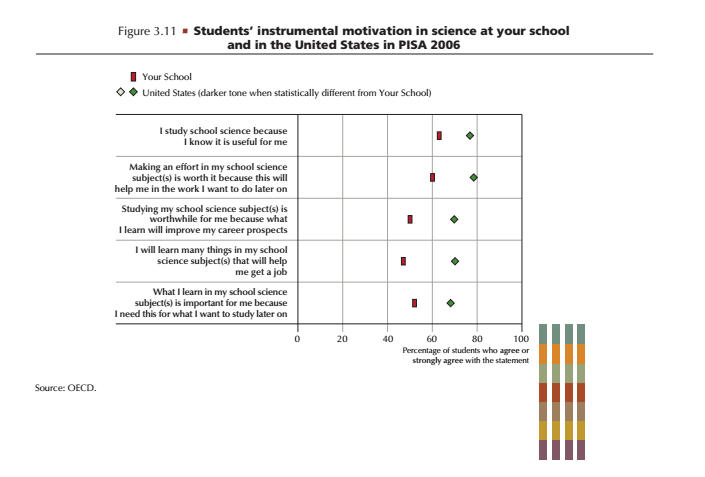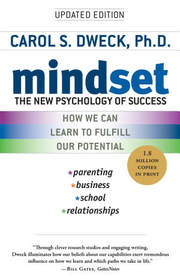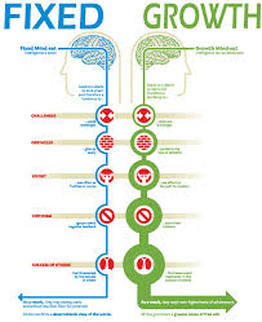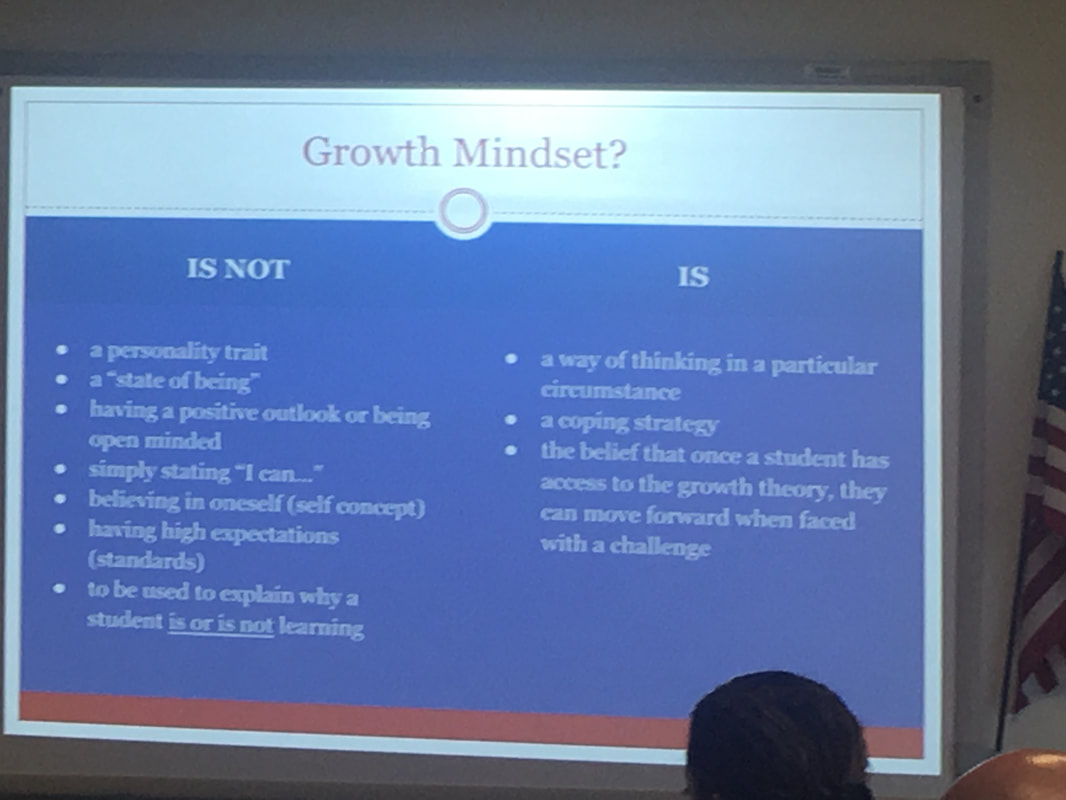|
In September of 2016, Mineola High School began a Building Culture Committee (BCC). This group of professionals, across disciplines, were tasked with looking at a list generated in our #edcampmhs session entitled "What is a School Culture Committee?" This dedicated group of educators was assembled to look at "School Culture," come up with a working definition, and then determine what should be done to build our own culture, based on our unique needs. We engaged in a dialogue that focused on the work of Todd Whitaker and Steve Gruenert; School Culture Rewired. How to Define, Assess, and Transform it. We used the School Culture Typology Activity in Chapter 5 and turned it into a survey for our faculty to take. The results of each of the 12 categories were reviewed extensively. The results of our work gave us a good baseline for where our faculty thought we were currently in relation to each of the categories. It also helped us to either broaden or narrow our lens when we looked at the remaining pieces of data (Climate and Engagement Surveys as well as OECD test results). Next, we looked at multiple years of data available to us from the school district:
So... What did all of this data tell us? The K12 Insight Family and School Partnership survey was reviewed extensively, revealing strengths for us in many areas. These areas include home-school communication, scheduled meetings and events that are at convenient times, sharing of ideas, and opportunities to be involved in their children's educational experience.Parents also indicated that their involvement makes a difference in their child's academic success. The survey also revealed that parents felt that there was room for improvement in the areas of information on child development, including physical, brain, and social development (Figure 1). This is directly related to perceptions on how much information is provided related to how parents can help improve student learning at home (Figure 2). Our students were also surveyed using a K12 Insight survey entitled "Student Engagement Survey." Cognitive engagement as well as social and emotional engagement was surveyed. For the purpose of the BCC, the social and emotional engagement survey was looked at in depth. The categories included 8 areas: Involvement, persistence, self-management, future aspirations, acceptance, relationship management, relationship with peers, and relationship with adults. Scores in most areas fell within the average range with lower scores noted in the persistence category. The OECD Test for Schools examines school data, national data, and international data in order to draw comparisons. The OECD's Centre for Educational Research and Innovation (CERI) through the Innovative Learning Environments (ILE) project is analyzing how young people learn and under which conditions and dynamics they might learn better. The research was synthesized to create seven transversal “principles” to guide the design of learning environments for the 21st century. 1. Learners at the center 2. The social nature of learning 3. Emotions are integral to learning 4. Recognizing individual differences 5. Stretching all students 6. Assessment for learning 7. Building horizontal connections Instrumental Motivation refers to how important students see a subject in their own lives as they move on to further studies and the labor market. Instrumental motivation has been found to be an important predictor for course selection, career choice, and job performance. The data in the figure below is a chart taken from the exam data that demonstrates a statistical difference in students' instrumental motivation in science at our school in comparison to the United States. As a committee, we looked at the words "useful," "will help me," and "need this" as a means to examining instrumental motivation and how this can be achieved in our context. Next Steps: The BCC spent a good part of the spring looking at our current programs and supports for our students to determine our next steps. We met with a student group as well to share our findings and get feedback from them as well. The students were candid with their feedback and reminded us that that consistency was important to them and they valued a consistent program that delivered the same message to all students. They also liked the idea of utilizing the experiences of the older students to help the younger ones. Our brainstorming is reflected in the bulleted list below (taken from our BCC notes):
At this High School... Our committee decided that an advisory program would work for us; a program that initially would meet monthly, and be focused on the "non-cognitive" skills that we felt as a committee, based on our data and collective experience, would help our students excel. Growth Mindset being at the center! Our @mineolahs Advisory Program (M.A.P.) will kick off in the Fall with an introduction to students, faculty and staff. Students will be divided by grade level in groups of 10-12 and assigned an advisor (member of faculty) for their high school career. The role of the advisor is to implement the program and establish a connection with their students. That simple! Year one has been outlined... with the exception of our last session that will be planned in conjunction with the entire faculty. On October 10 we can't wait to be "All In" when our students see Gian Paul Gonzalez's Assembly Program. Monthly small group advisory sessions will continue throughout the year!
0 Comments
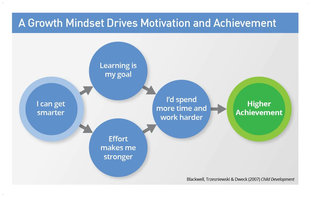 Once you understand growth mindset, you can apply it across many situations:
As individuals, we took the mindset survey. One half of the room tried to answer with a fixed mindset, while the other half answered with a growth mindset. Some of the survey statements were:
You must constantly hear your fixed and growth mindset voice. "If a child believes that failure is a result of not being smart enough or not having enough ability, they often avoid challenges or give up easily." "If a child believes that failure is a reason to increase the amount of effort needed for success, they often embrace challenges and succeed." To hear that voice, we heard "Sophia" and "Tristan" in Interviews with Lisa Blackwell. We heard Sophia talk about limits on her learning and not being "good" at something. She also talked about her perception of what a smart person looks like. Tristan was a sharp contrast. "Trying makes me smart." "I never put myself down."Participating and doing my best makes me feel smart." His growth mindset was clear! Can we intentionally develop a growth mindset in students? Repeated studies of all ages of children across all socio-economic status and all levels of intelligence show that "praise for effort has dramatically different results for kids than does praise for intelligence." Carol Dweck reminds us that "Emphasizing effort gives a child a variable that they can control, and they come to see themselves as in control of their success. Emphasizing natural intelligence takes it out of the child's control, and it provides no good recipe for responding to a failure." The Effective Effort Rubric assesses the learning process and the effective effort that a learner applies. Learning to hear your fixed, mixed, and growth mindset voice is important when addressing the following seven needs of all learners.
Our work as a district will be ongoing. The parallel tracks we will follow will focus on professional development, classroom materials (videos), a year-long documentary, and teacher resources. We will continue to model life-long learning as we improve the experience of school for our students. We are also lucky to have Eduardo Briceno for our opening day Keynote in September! As a leader at Mindset Works, which helps people develop as motivated and effective learners through training and resources to foster growth mindset beliefs and behaviors, he will push our learning to the next level. #GrowthMindset 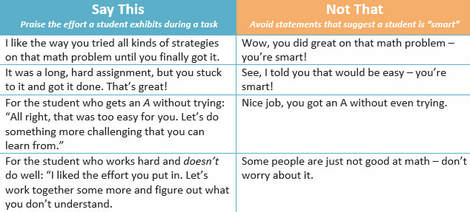 "Praise" taken from: http://www.lindaboverman.com/inclusion-corner-encouraging-our-students-to-have-a-growth-mindset/ |
Categories
All
Archives
October 2023
Whittney Smith, Ed.D.Dr. Smith is the Principal of Mineola High School in Garden City Park, NY. He is also an Adjunct Professor in the Ruth Ammon School of Education at Adelphi University. |
